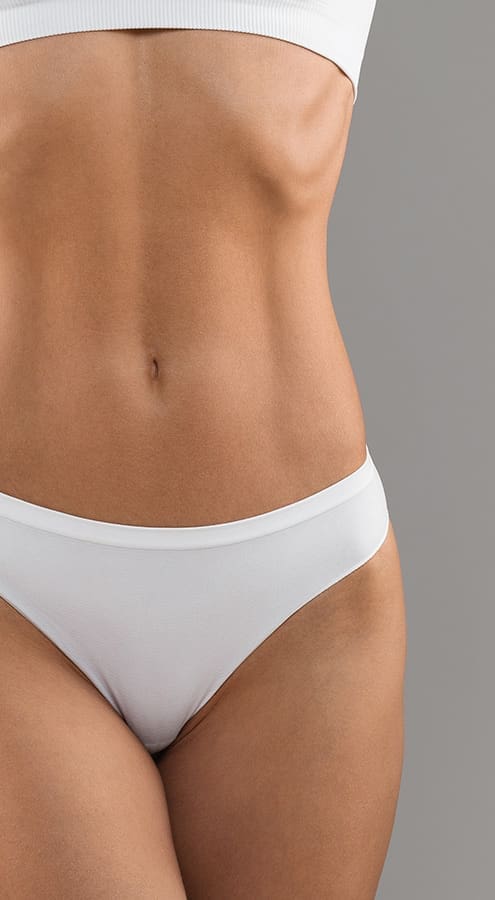Embarking on the journey towards a tummy tuck can be both exciting and nerve-wracking. As you prepare to enhance your body’s contour and appearance, understanding how to prepare for a tummy tuck is crucial to ensure a smooth process and optimal outcome.
This comprehensive guide is designed to walk you through each step of the preparation phase, from health preparations to the necessary lifestyle adjustments and what to expect on the day of your surgery.
By following these guidelines, you’ll be well-equipped for a successful procedure and a swift recovery, allowing you to look forward to the transformative results of your cosmetic surgery with confidence.




